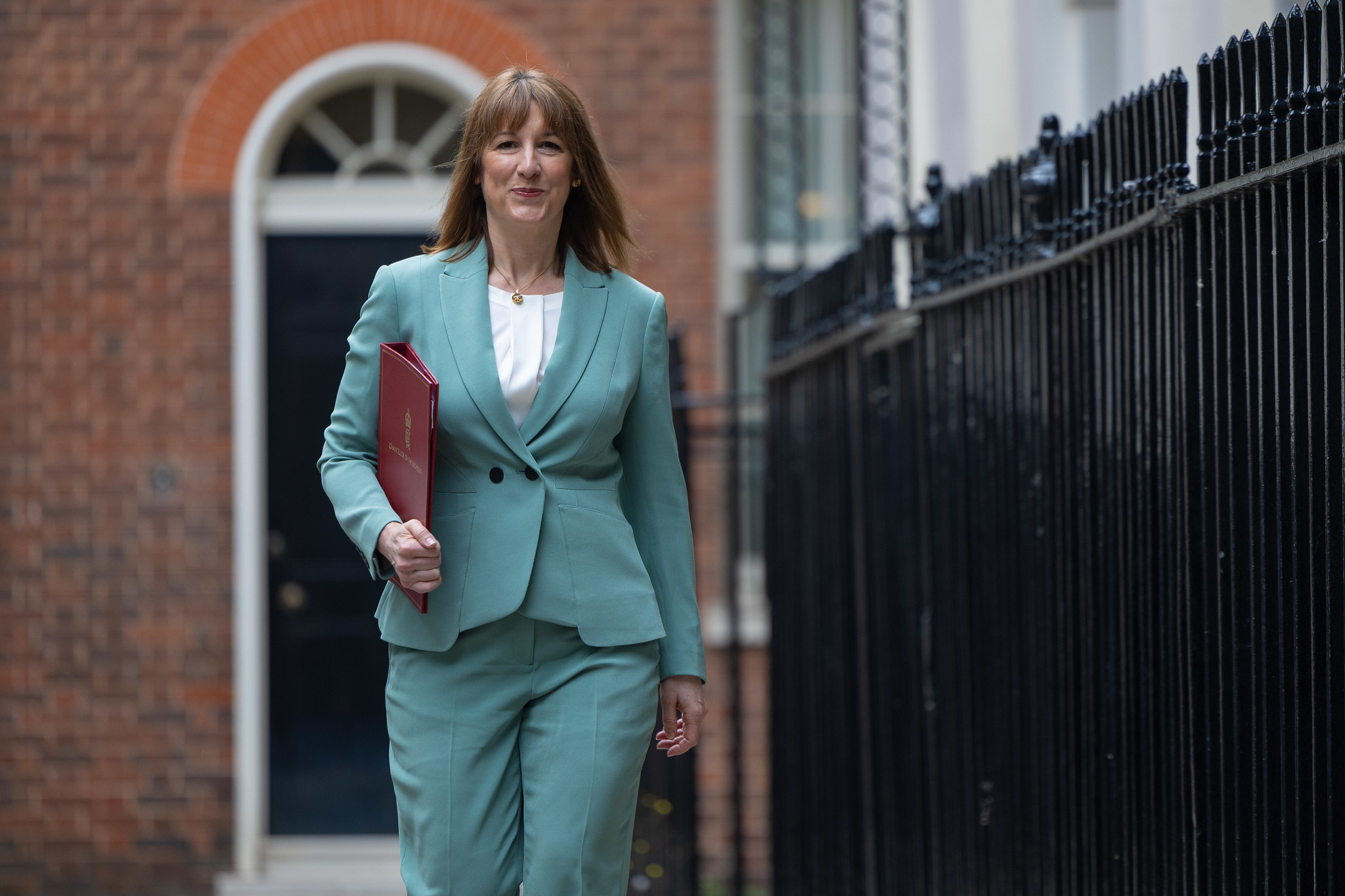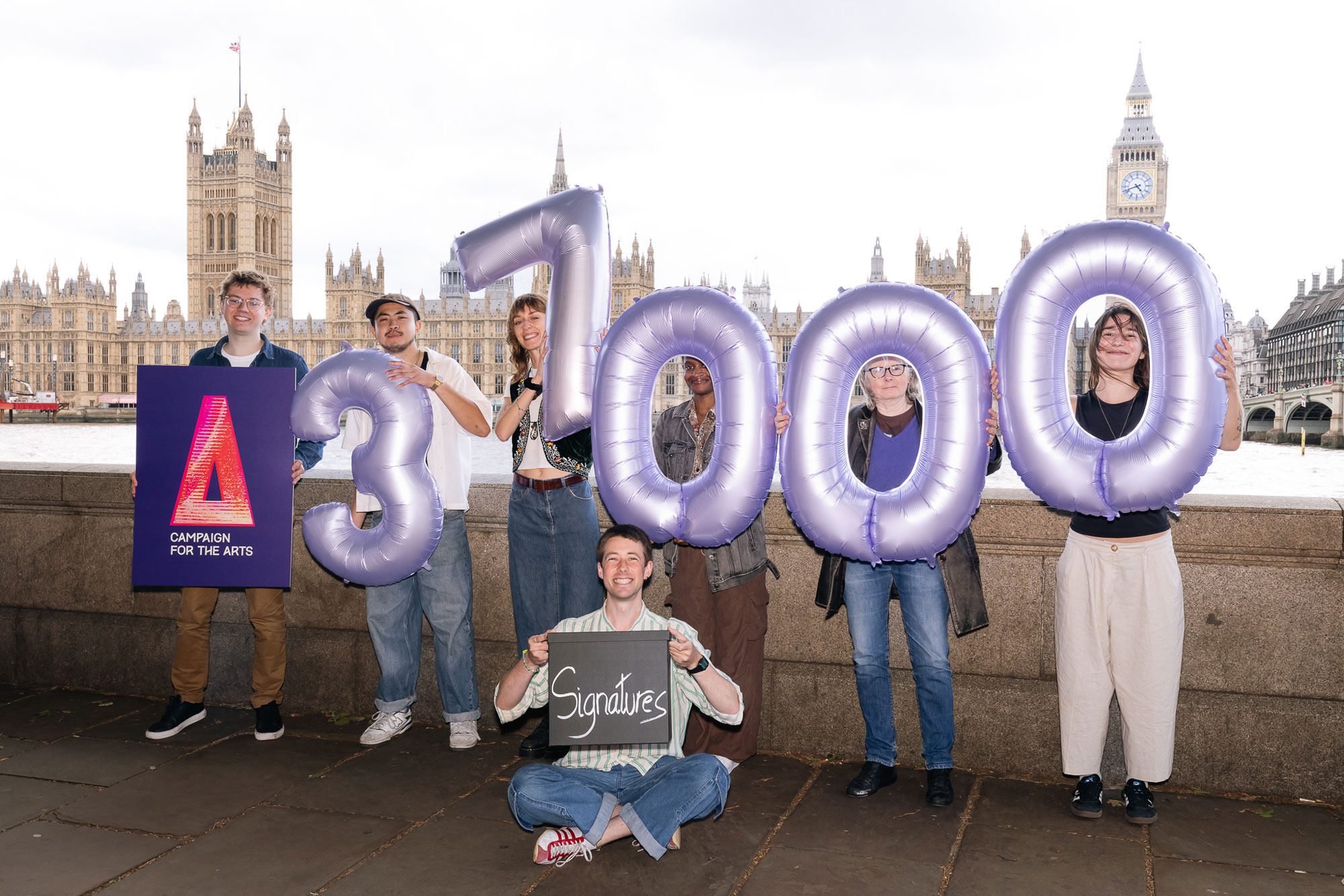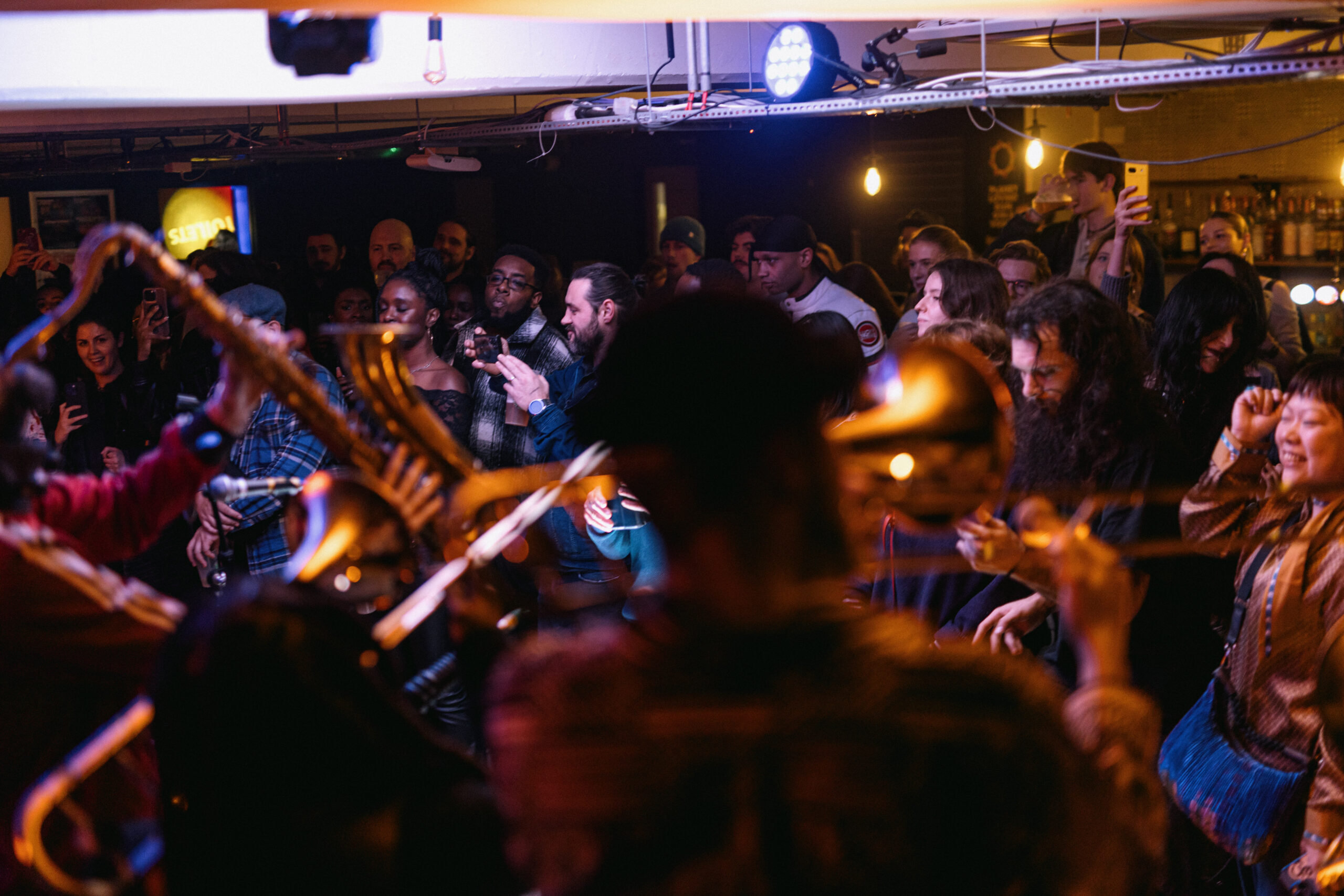In England, Wales and Northern Ireland, GCSEs are the main qualifications taken by 14 to 16-year-olds. A-levels are the main qualifications taken by 16 to 18-year-olds.
This summer’s results, which contain figures on the number of entrants per subject, show that the decline in arts subjects has worsened yet again. At both GCSE and A-level, every arts subject is being taught to a smaller proportion of entrants than was the case in 2010.
It has major implications for the education and aspirations of our young people, the arts education workforce and the health and diversity of our creative industries.
What do the figures show?
What about Scotland?
In Scotland, National 5s (N5s) are the main qualifications taken by 14 to 16-year-olds. Scottish Highers are the main qualifications taken by 16 to 18-year-olds.
State schools in Scotland enrol students in N5s and Highers. Some independent schools do the same, but others opt for GCSEs and A-levels or some mix aspects of both systems. The Campaign for the Arts reports GCSE and A-level entries at the level of the whole United Kingdom.
How and why has this happened?
There are a number of factors behind the dramatic decline. A recent report, The Arts in Schools: Foundations for the Future, concluded that:
“At every stage in the schooling system the arts are disadvantaged: at initial teacher recruitment and training through to a lack of support for arts teaching in primary schools. The prioritisation of EBacc (nonarts) subjects in secondary accountability measures has meant a reduction in the level of arts subjects, teachers and resources available, and therefore declining GCSE and A Level take-up. Dance and drama have no parity at inspection level, and film and digital media have been excluded from the national curriculum. We have an assessment regime that does not work for arts subjects, which require different kinds of measurement, and the investment required to develop these has not been made because of their perceived low status. Finally, we have the long tail of the exclusion of the arts from the higher education facilitating subjects list before 2019, thereby further disincentivising arts takeup. Loss of subjects and teachers cannot easily be reversed. This downgrading of the arts is damaging for young people’s lives and aspirations, for the arts education workforce, for the workforce more widely, and for the health and diversity of the creative industries. And access to the arts is not equitable: we have a two-tier system, with the arts more highly valued in independent schools.”




3 responses to “Huge decline in arts subjects worsens at GCSE and A-level”
My son is Head of Music in a school and has seen a decline in the number of students entered for GCSE and “A” level Music. I think it is very short-sighted of the government that it undervalues the Arts so much, as it brings in revenue to this country and enjoyment to so many people. He has worked with a number of youth brass bands where young people have the opportunity to make music who otherwise would not do. I also support the National Youth Orchestra which helps so many young people to develop their musical careers.
Taking part in the arts of any kind helps all students of all ages with their mental health and wellbeing. Being able to express ourselves through art (verbally visually, musically, physically, emotionally and non-verbally) as human being enables us to connect and provides meaning and quality and joy to our very existence.
In the age of a continuing decline in childrens’ mental health in our schools and universities cutting funding and therefore removing the opportunity for those who’s very identity revolves around their artistic ability and depriving them of the opportunity to be able take part makes NO sense. For these children learning and studying all forms of the Arts and being able to receive validation and a qualification for their ability is crucial for their self-esteem. To deprive them of this growing up, especially those who cannot afford private artistic endeavours and clases is short sighted, narrow minded and downright cruel.
Artists of all kinds should be valued as the most important members of society and rewarded for their contribution to making the world we live in a better place. In short cutting funding in schools and universities for the Arts reduces our society as a whole and and will have negative consequences for years to come.
I would have gone mad with boredom in my schools if there had been no Arts subjects! Some children just need them to thrive. This is not a Cookie-cutter society! Not all of us are purely academic, and it takes all sorts to make a thriving society and economy!